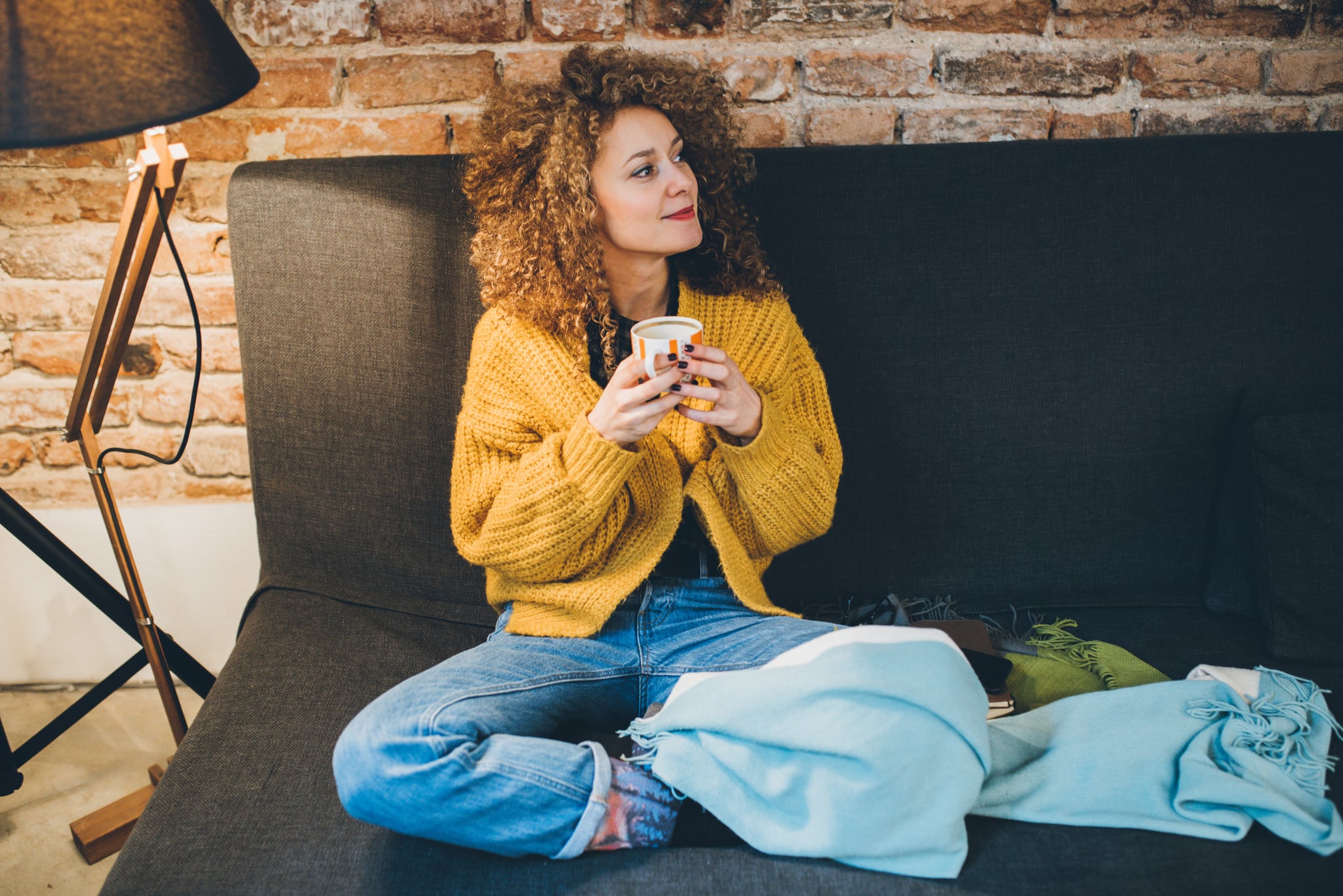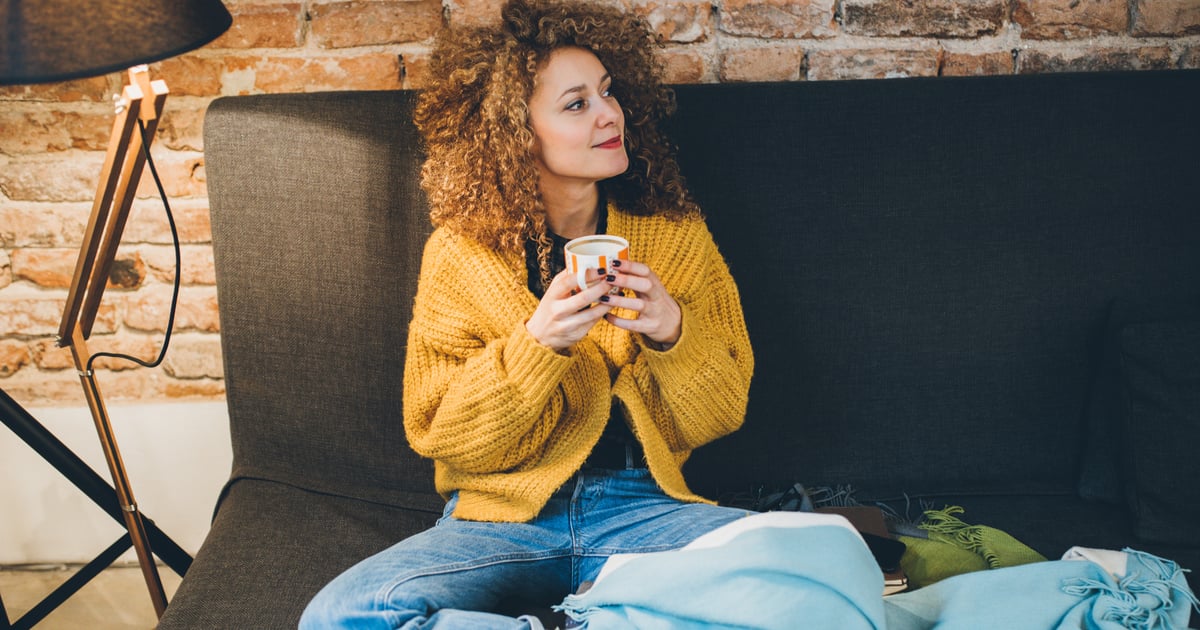
I’ve always been a healthy eater, ever since childhood. My diet is plant-based, and I rarely eat processed foods or dairy. I’m not someone who overeats during meals, either. But for as long as I can remember, I’ve struggled with trying not to snack after dinner.
One of the reasons I often wander into the pantry is that my family eats dinner super early, like 4:30 or 5 p.m. (I have a baby, so we’re on his schedule these days!) A few hours later, I’m starving — so, I’ll reach for a banana and peanut butter, or some dark chocolate. But soon after I’ve worked my way through those treats, I start craving something crunchy, usually in the form of some veggie straws or (organic) pita chips. I know these are healthy snacks, but nonetheless, I end up going to bed feeling icky. I’m full after indulging in chips and chocolate, and it can take me a while to fall asleep. Worse yet, I wake up feeling bloated, and with a pit of regret in my stomach — or was that the handful of almonds I grabbed on my way to bed?
So recently, I decided to try intermittent fasting. Everyone in the world seems to be talking about its benefits, and I needed a strategy to stop snacking after dinner. I set a goal not to eat for at least 12 hours overnight, but it usually ends up being longer. If my family eats dinner at 5 p.m., I won’t have anything other than liquids until 9 or 9:30 a.m. the next day. (In my version of intermittent fasting, coffee with cream doesn’t count.) Honestly, I’d eat breakfast sooner, but my mornings are so chaotic, I rarely get the opportunity. Plus, I find I’m not as hungry in the morning now that I’m not snacking into the night. That may sound counterintuitive, but it’s like my body has grown accustomed to fasting.
Not being hungry first thing in the morning isn’t the only benefit I’ve noticed over the several weeks since I stopped snacking at night. Since I’m not super full, I tend to fall asleep much faster and sleep more soundly. I wake up feeling refreshed. I’m also more conscious about what I eat at dinner. Instead of picking at a salad, and figuring I can always snack later, I’ll load my lettuce with protein like roasted tofu and chickpeas, lots of veggies, brown rice, and almond slivers. If I want something sweet after dinner, I’ll have the dark chocolate right away. Then the kitchen’s closed.
Since I’m not super full, I tend to fall asleep much faster and sleep more soundly.
You’d think knowing I’m done eating for the day would feel, well, kind of depressing. After all, watching a show with my husband at night was more fun with a snack. But instead, I feel empowered by my choice not to eat after dinner. With a plan in place, I’m not fighting cravings or chastising myself for overindulging. Then I go to bed with a settled tummy, and awaken the next morning without the bloat or remorse. It’s extremely freeing! When I do start wishing I could dip into the pantry for a quick nibble around 9 p.m., I remind myself how junky I’ll feel in the morning, and that really works to get me back on track. Or, I’ll just go to bed! Who doesn’t want more sleep? Ultimately, I only wish I’d tried this approach to curbing my snacking earlier.
